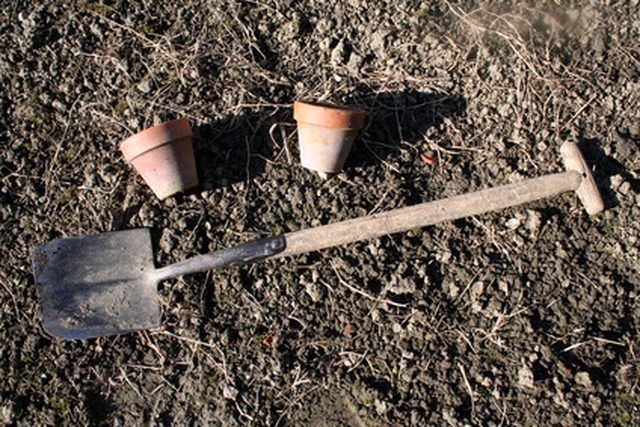Bulbs
Flower Basics
Flower Beds & Specialty Gardens
Flower Garden
Garden Furniture
Garden Gnomes
Garden Seeds
Garden Sheds
Garden Statues
Garden Tools & Supplies
Gardening Basics
Green & Organic
Groundcovers & Vines
Growing Annuals
Growing Basil
Growing Beans
Growing Berries
Growing Blueberries
Growing Cactus
Growing Corn
Growing Cotton
Growing Edibles
Growing Flowers
Growing Garlic
Growing Grapes
Growing Grass
Growing Herbs
Growing Jasmine
Growing Mint
Growing Mushrooms
Orchids
Growing Peanuts
Growing Perennials
Growing Plants
Growing Rosemary
Growing Roses
Growing Strawberries
Growing Sunflowers
Growing Thyme
Growing Tomatoes
Growing Tulips
Growing Vegetables
Herb Basics
Herb Garden
Indoor Growing
Landscaping Basics
Landscaping Patios
Landscaping Plants
Landscaping Shrubs
Landscaping Trees
Landscaping Walks & Pathways
Lawn Basics
Lawn Maintenance
Lawn Mowers
Lawn Ornaments
Lawn Planting
Lawn Tools
Outdoor Growing
Overall Landscape Planning
Pests, Weeds & Problems
Plant Basics
Rock Garden
Rose Garden
Shrubs
Soil
Specialty Gardens
Trees
Vegetable Garden
Yard Maintenance
Why Is Compost Better Than Chemical Fertilizers?
Why Is Compost Better Than Chemical Fertilizers?. Many gardeners eschew the many types of chemical fertilizers lining the store shelves in favor of using compost to enhance their soil and mulch their plants. Whether they buy ready-made compost, or make it themselves in a bin in the backyard, compost has clear advantages over chemical fertilizers.

Many gardeners eschew the many types of chemical fertilizers lining the store shelves in favor of using compost to enhance their soil and mulch their plants. Whether they buy ready-made compost, or make it themselves in a bin in the backyard, compost has clear advantages over chemical fertilizers.
Microfauna
Compost feeds the microfauna in the soil. Chemical fertilizers are unable to do this. The microfauna, in turn, provide nutrients to plants over a long, sustained period, reducing the opportunity for the roots to be burned by excessive nitrogen.
Soil Structure
Compost increases the tillage of the soil, making it easier to work. Heavy clay soil is lightened by the presence of compost, which allows it to breathe easier and avoid clumping. Sandy soil is bonded together more tightly, allowing better water retention and less opportunity for the surface to blow away.
Recycling
Compost is nature's way of recycling organic material back into the environment. Adding fallen leaves, cut grass and kitchen waste to a compost pile instead of sending them to a landfill returns to the earth those nutrients the plants took out.